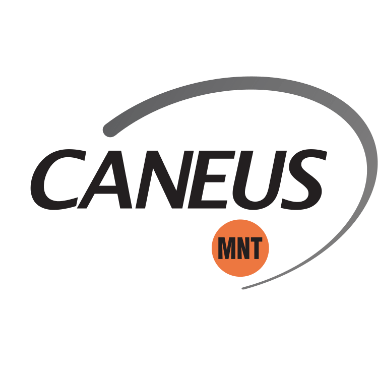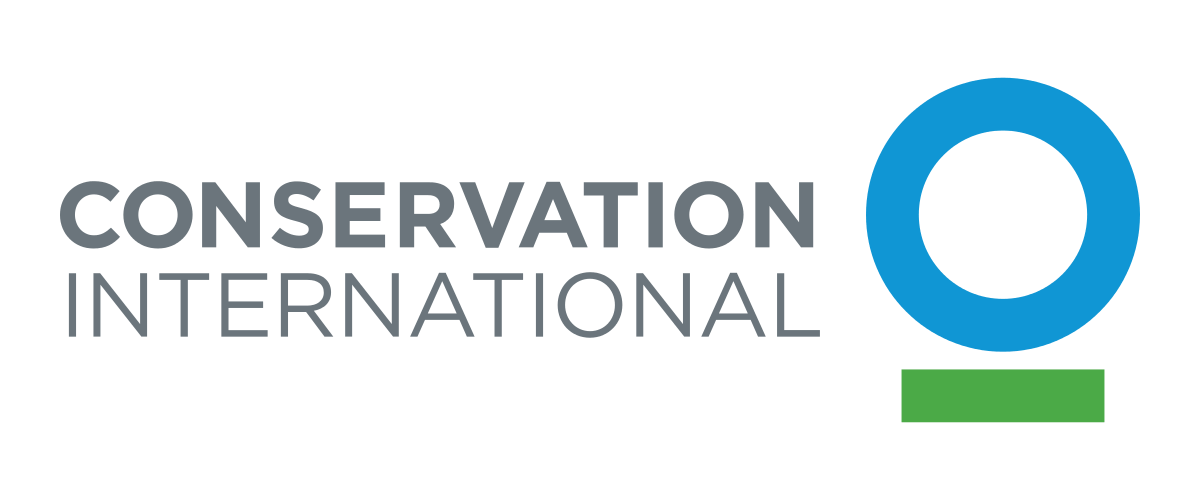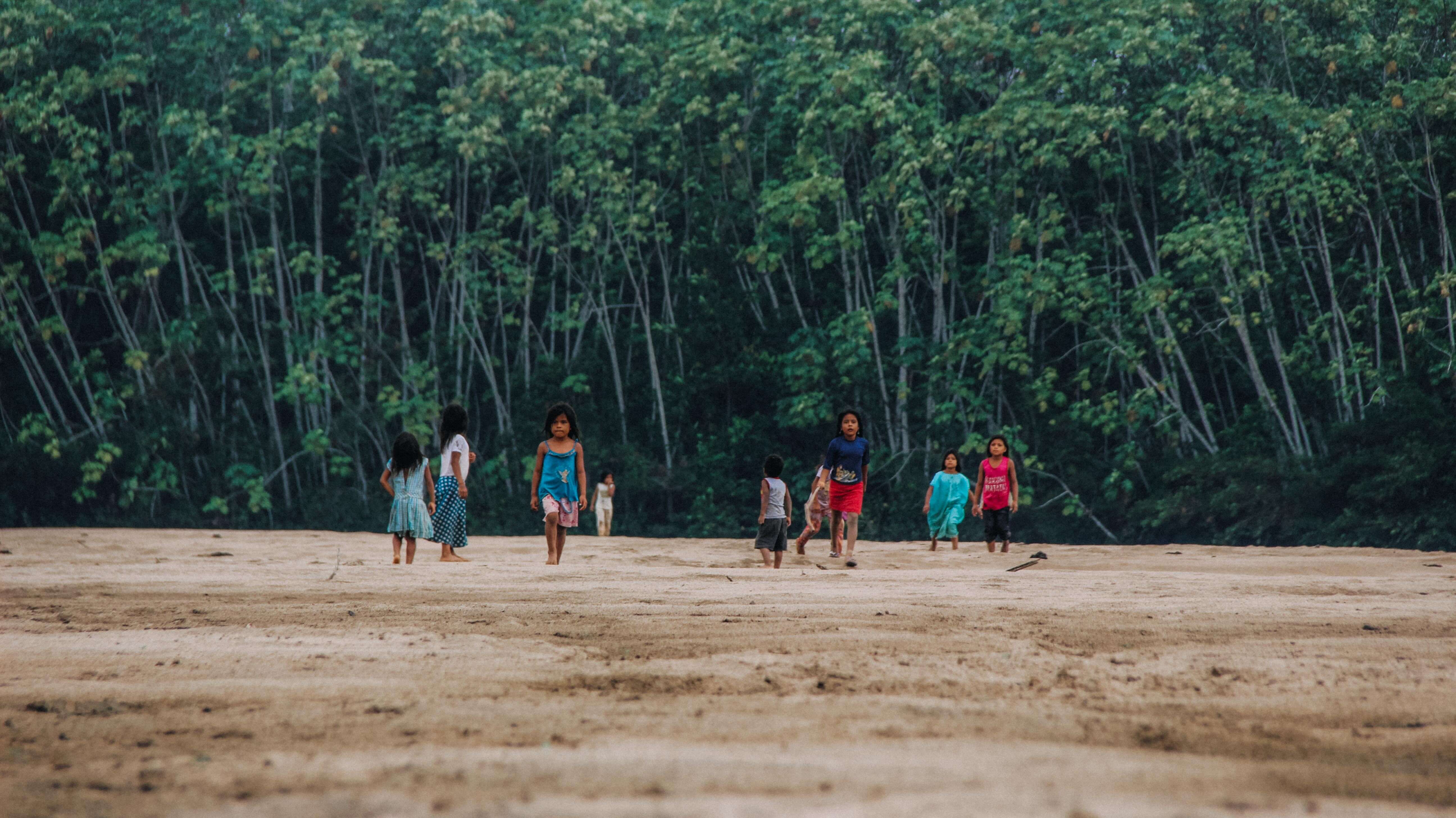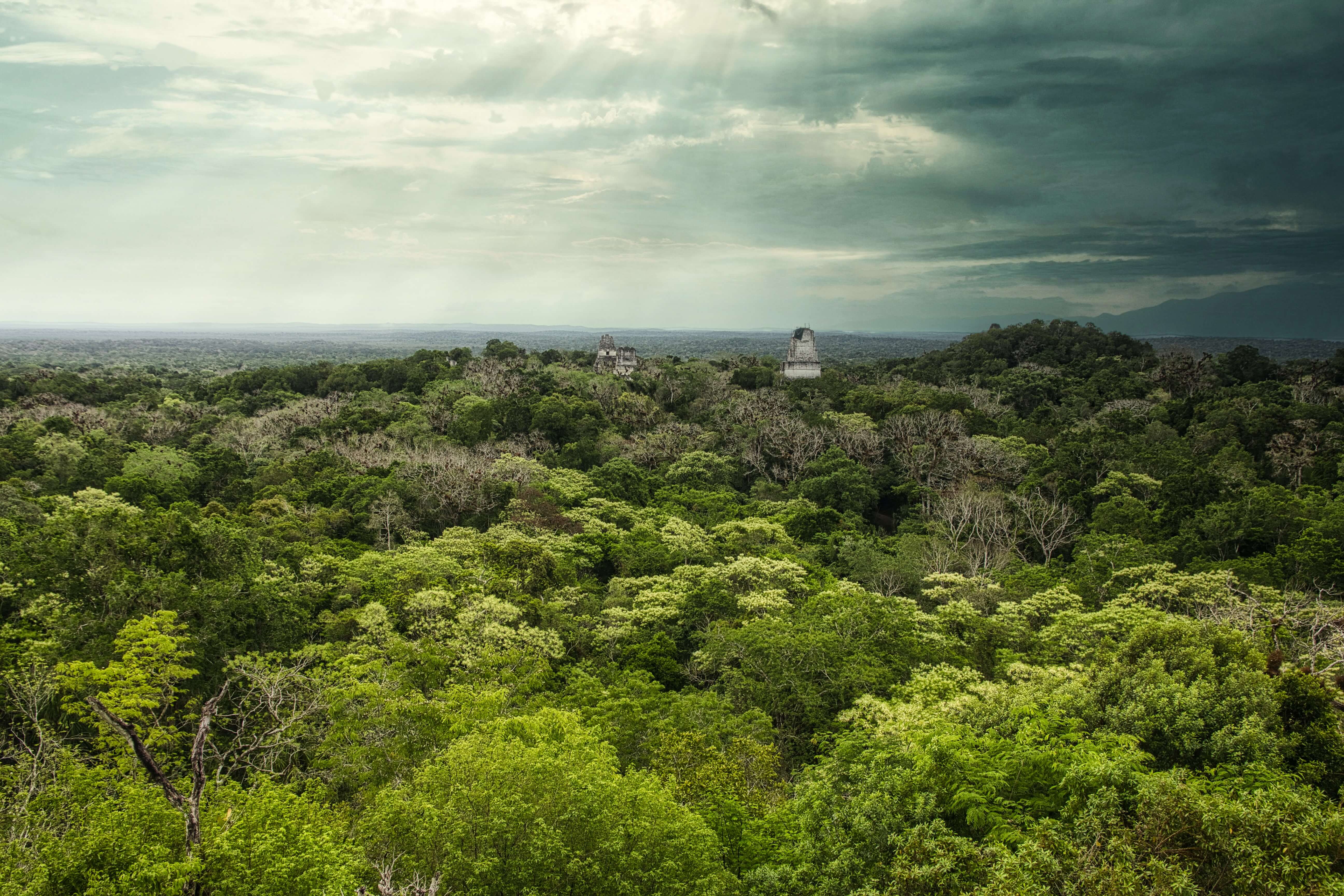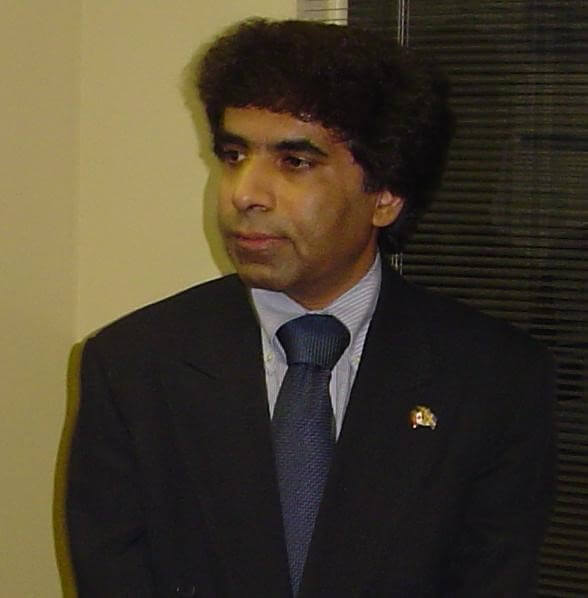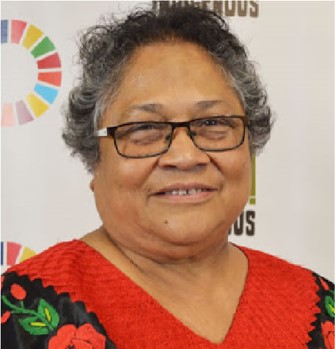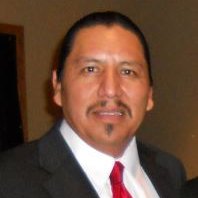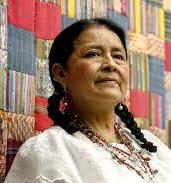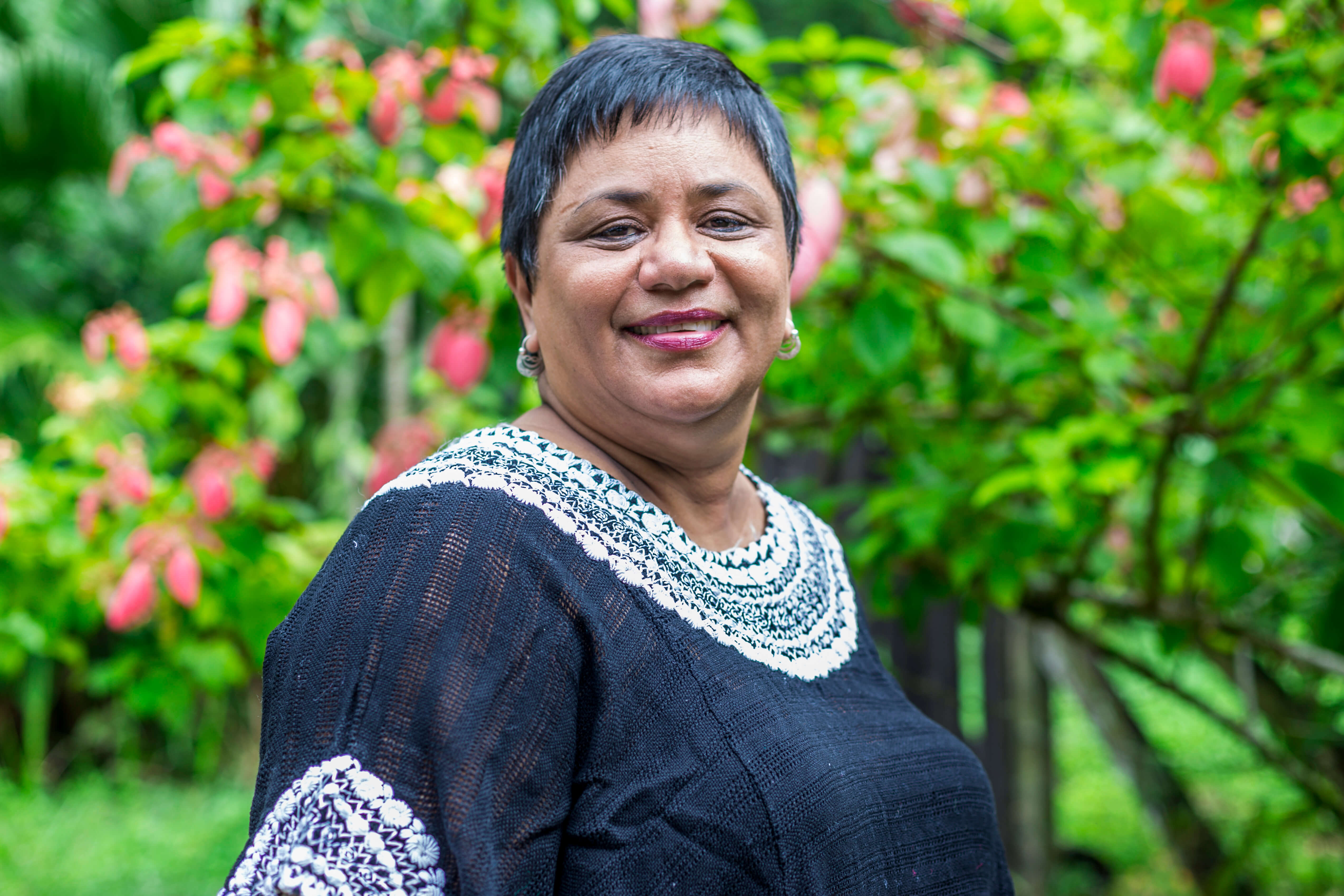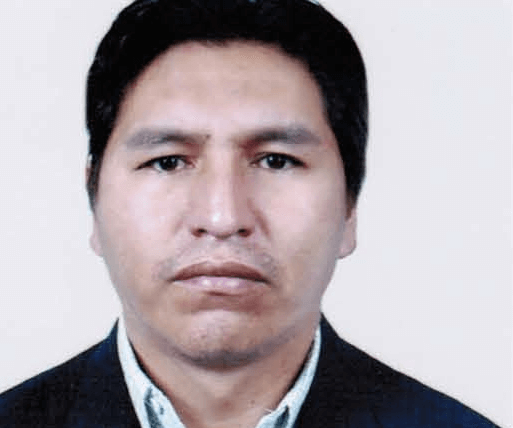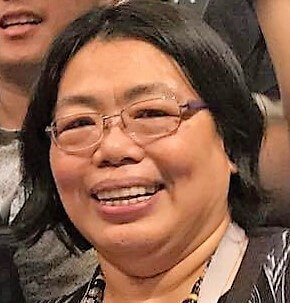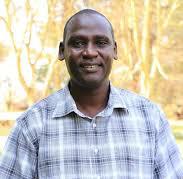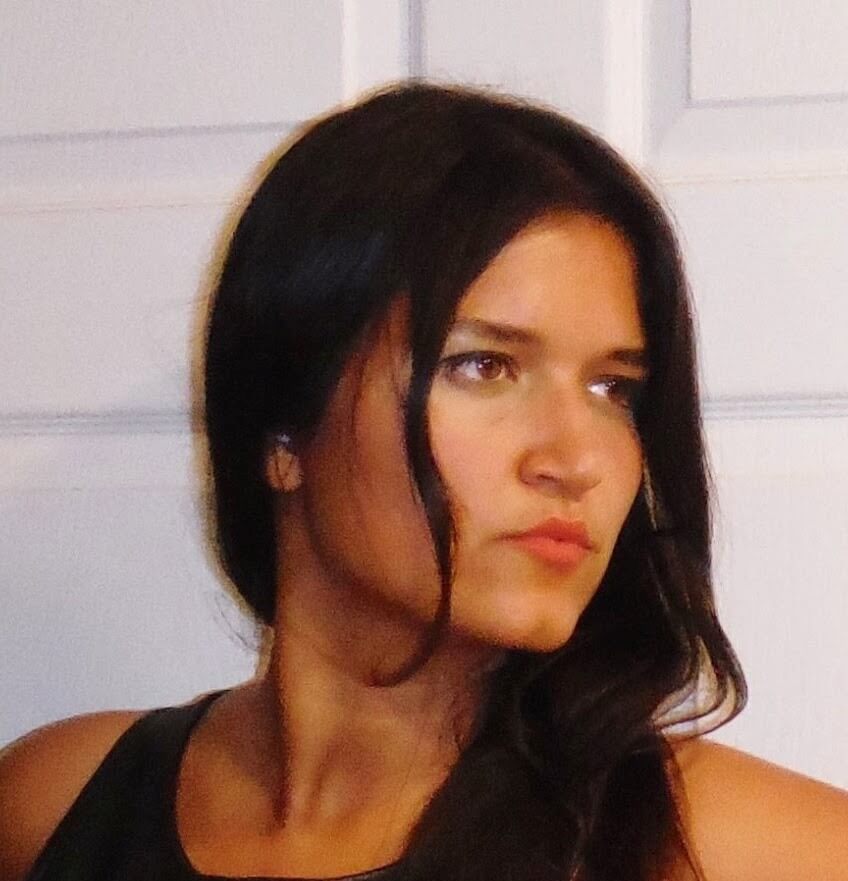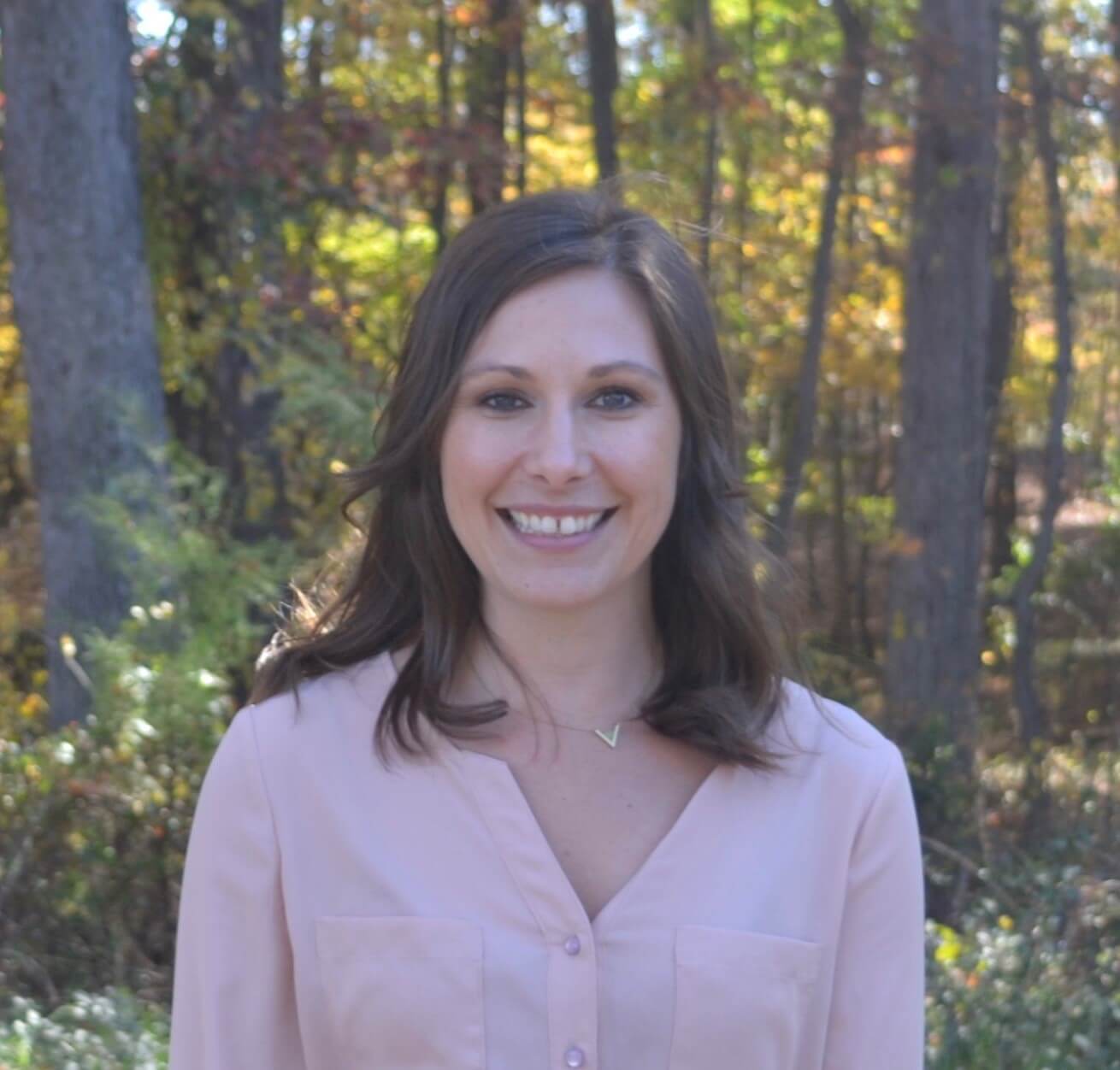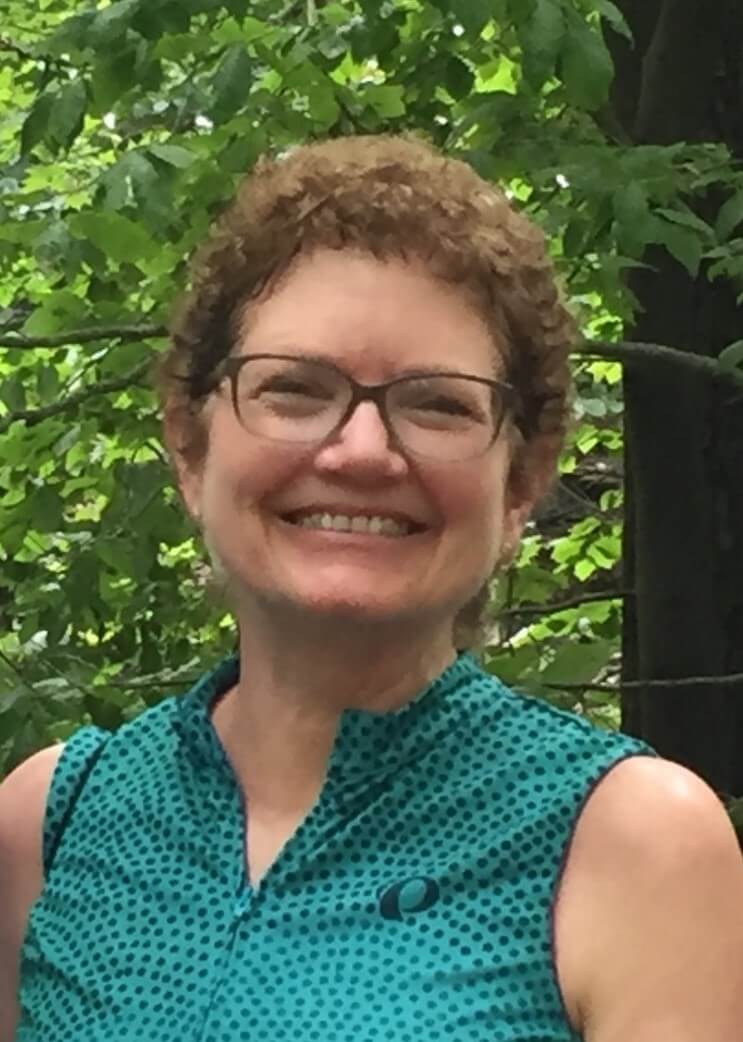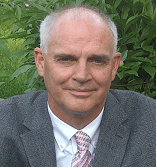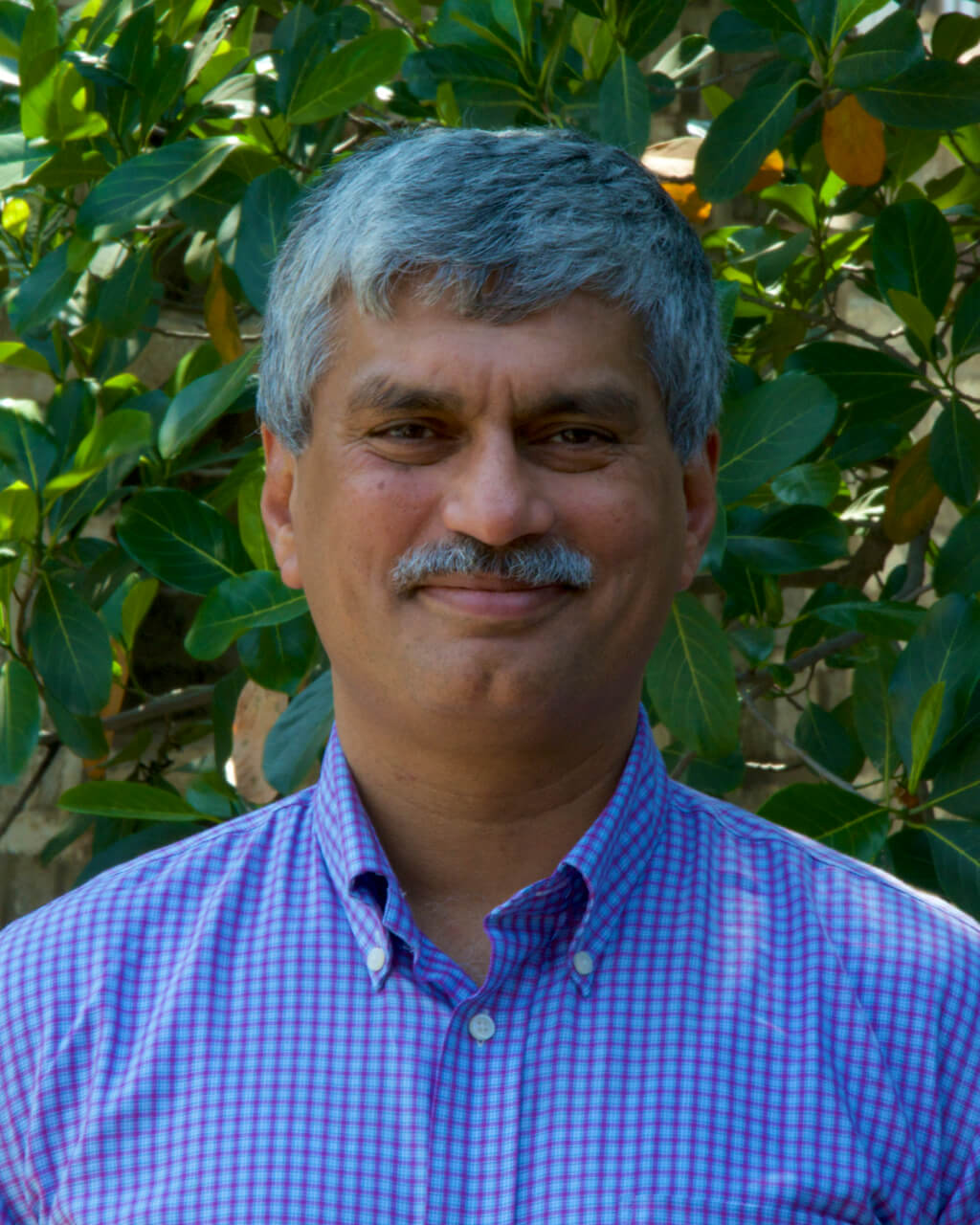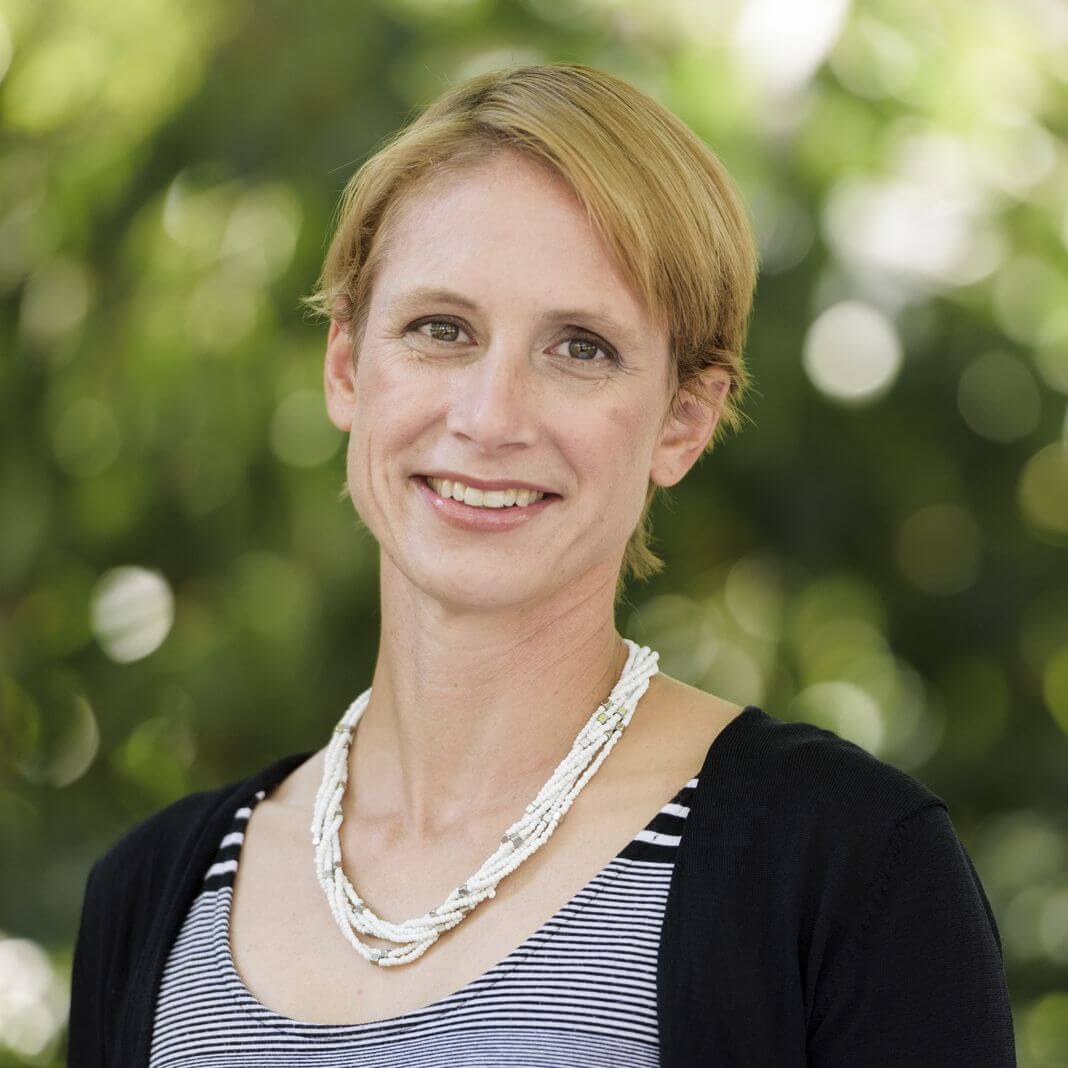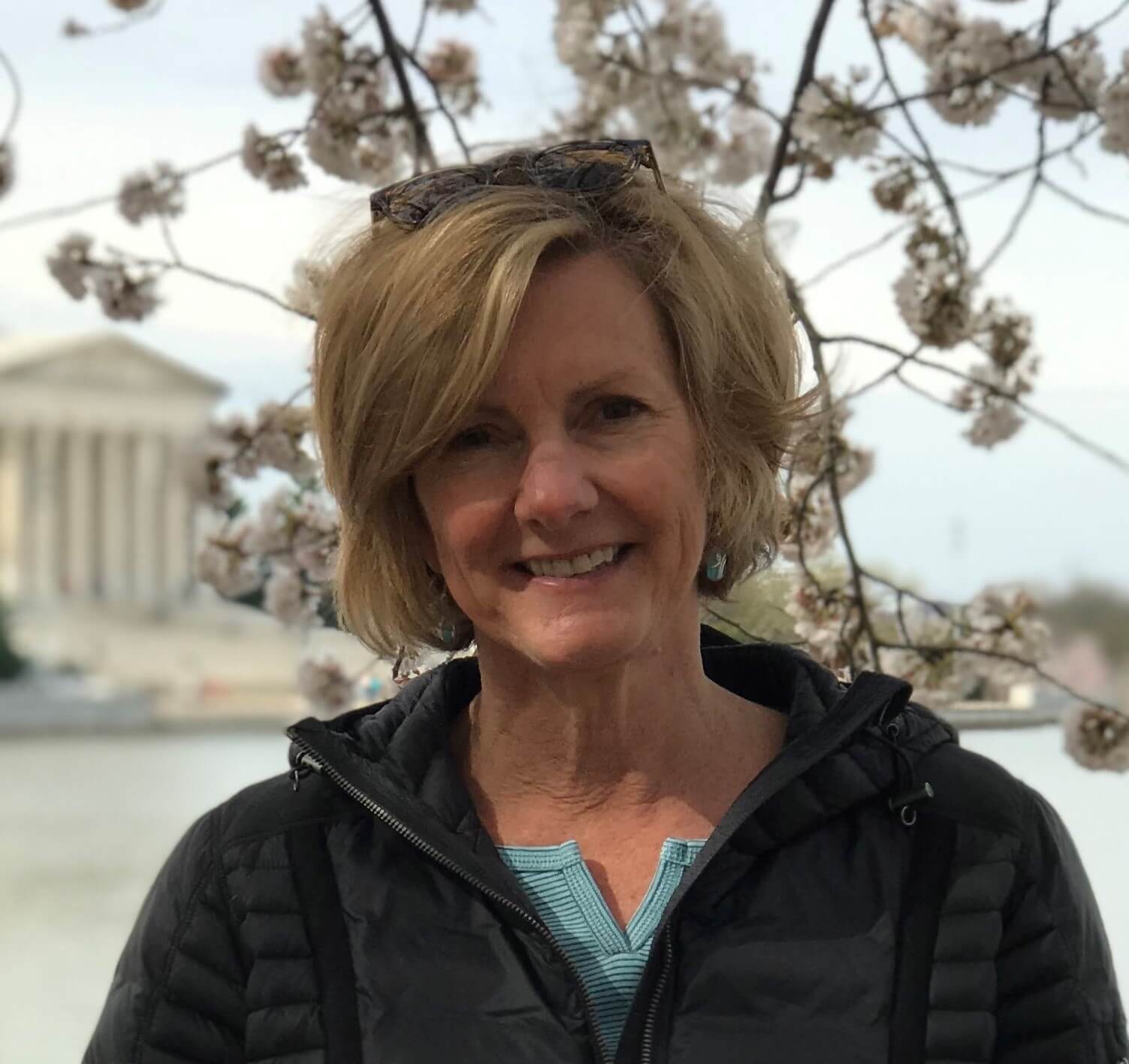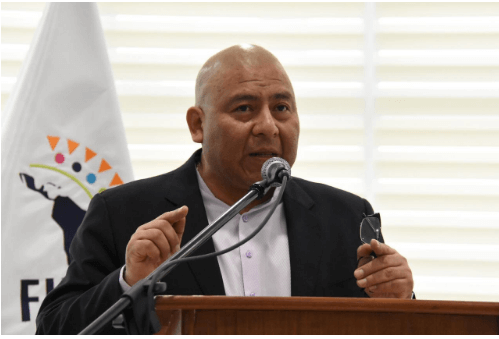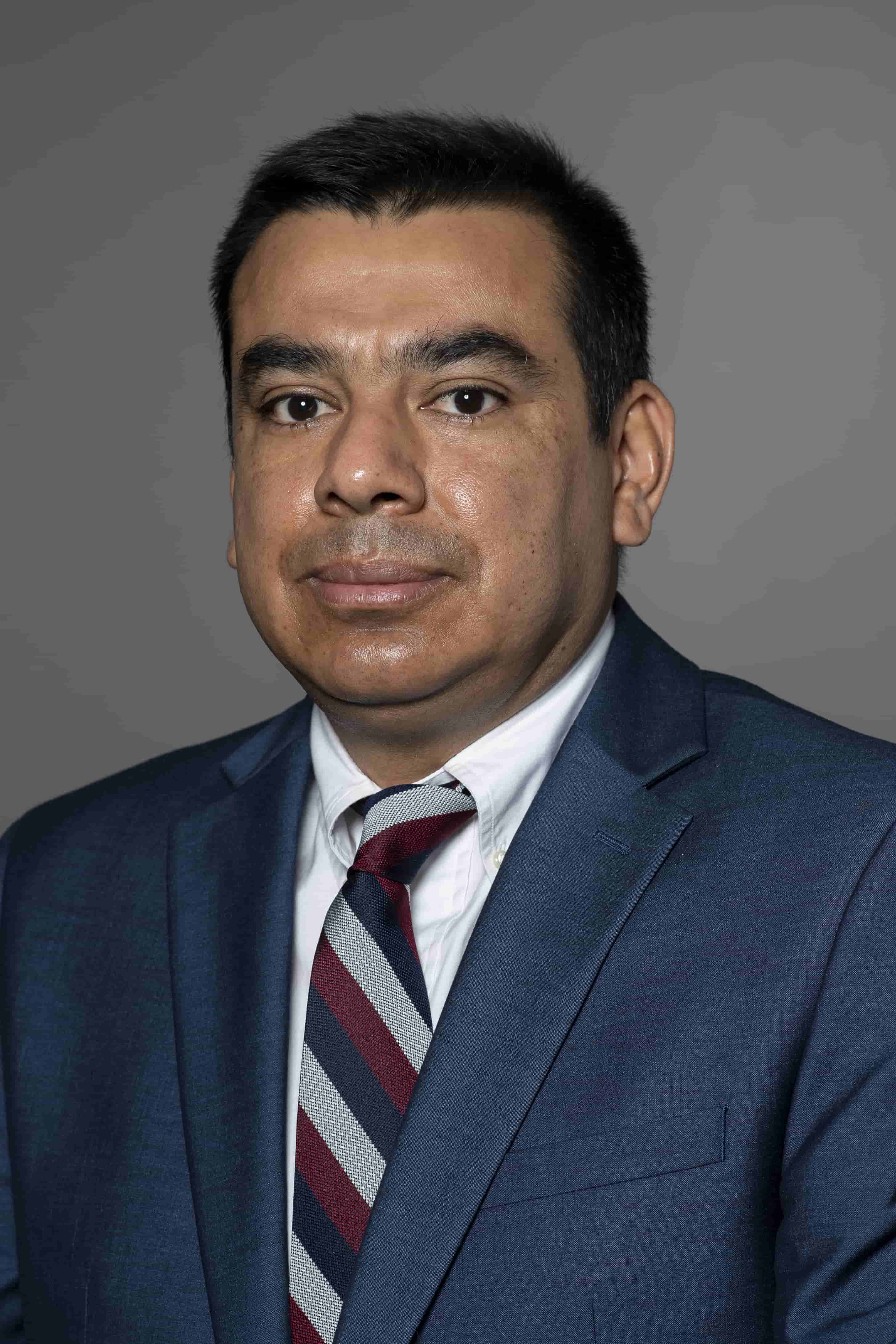Dr. Milind Pimprikar
Chairman, CANEUS International
Myrna Cunningham
President and Chair of the Board of Directors of the Fund for
the Development of Indigenous Peoples of Latin America and the
Caribbean (FILAC)
Mr. James Rattling Leaf, Sr. Rosebud Sioux Tribe
GEO Indigenous Alliance
Steven Ramage
Group on Earth Observations (GEO)
Mrs. Otilia Lux, FILAC
Guatemala
Hon. Lisel Alamilla
Chair of the Toledo Maya Land Rights Commission, and Senator and
Minister of Forestry, Fisheries & Sustainable Development,
Belize (2012-2015) Government of Belize
Erwin Freddy Mamani Machaca
Indigenous Quechua, Bolivia, Responsible for the Lithium
Evaporative Resources, Uyuni Salt Flats, and Indigenous Peoples’
Rights Commission (FRUTCAS).
Minnie Degawan, Kankanaey Igorot
Director of Indigenous and Traditional Peoples Program,
Conservation International
Titus Letaapo
Namunyak Wildlife Conservation Trust, County Director, Samburu
Diana Mastracci
Space 4 Innovation, Founder, GEO Indigenous hackathons
Dr. Amber Jean McCullum
NASA’s Capacity Building Program, US
Dr. Nancy D. Searby
Capacity Building Program for NASA’s Applied Sciences Program
Bruce Stephen
(Retd) Director, Agriculture Canada, CANEUS
Dr. Srini Sundaram
CEO, Agvesto
Dr. Thomas George
CEO and co-founder of SaraniaSat Inc.
Karyn Tabor
Senior Director of Ecological Monitoring in the Betty and Gordon
Moore Center for Science at Conservation International.
Dr Cindy Schmidt
Associate Program Manager for NASA’s Applied Science Ecological
Forecasting program.
Mr. Álvaro Pop Ac
Technical Secretary, FILAC


